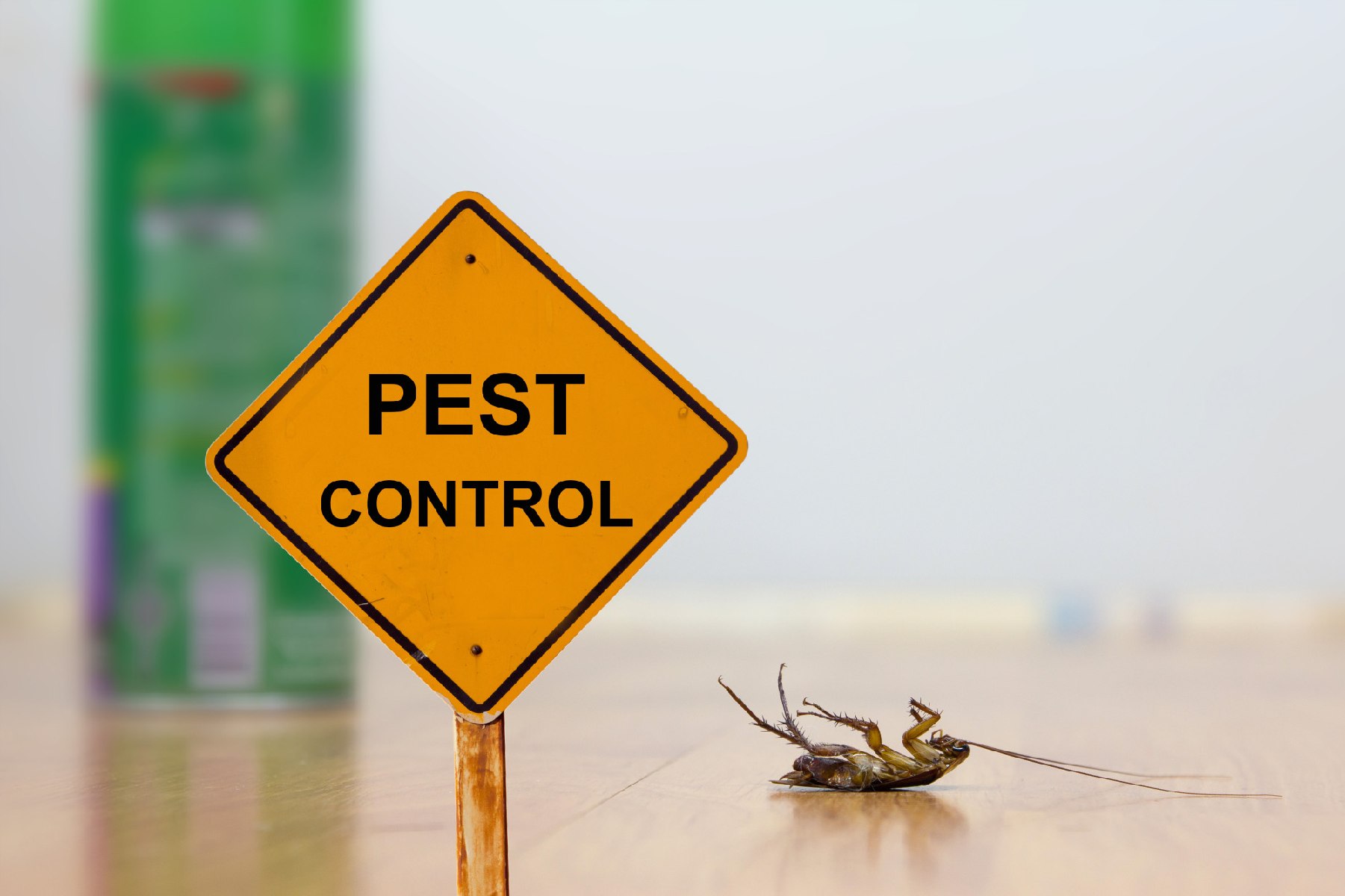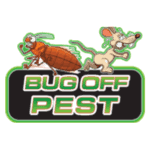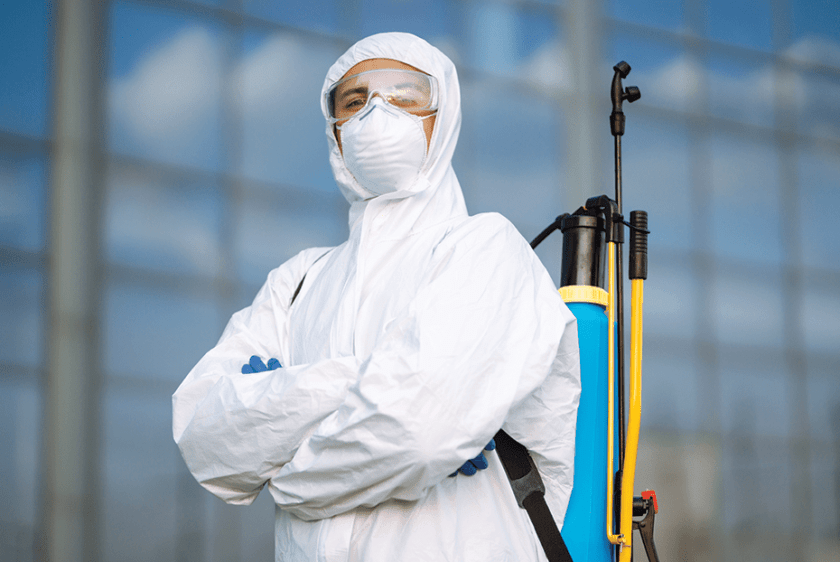Checking Out Innovative Techniques and Products for Reliable Parasite Control
The landscape of bug control is advancing, marked by the emergence of cutting-edge methods and items designed to boost effectiveness and sustainability. From clever traps furnished with sophisticated surveillance systems to organic methods that employ natural predators, these improvements offer a paradigm shift in just how we come close to pest monitoring.
Smart Traps and Keeping Track Of Solutions
Just how can modern-day technology enhance insect management? One significant innovation is the growth of smart traps and monitoring systems, which provide real-time data and analytics for reliable bug control. These systems use sensors and cordless technology to detect bug task, informing property supervisors and parasite control professionals to invasions prior to they escalate.
Smart catches are furnished with features such as lure terminals that bring in pests and record them successfully. These traps can be checked remotely, permitting for prompt treatments and reducing the demand for substantial chemical applications. The integration of machine learning formulas enables these systems to set apart between target insects and non-target types, improving the precision of pest control procedures.
Additionally, the data accumulated from smart traps can be examined to identify patterns in parasite actions and ecological aspects adding to problems (Pest Control in Port Charlotte). This details is important for developing targeted pest management strategies customized to specific settings. By accepting wise traps and keeping track of systems, parasite control specialists can improve their operational performance and lower the eco-friendly impact of insect management, inevitably leading to much safer and extra lasting practices in the market
Biological Insect Control Approaches
Using natural killers and bloodsuckers, organic parasite control approaches offer an eco-friendly option to chemical therapies. This approach includes the introduction or improvement of particular organisms that can normally manage parasite populations, consequently reducing dependence on synthetic chemicals. Usual instances include making use of ladybugs to control aphid problems and parasitic wasps to target caterpillars.

Biological control can be classified right into 3 major methods: timeless, augmentative, and conservation. Classic biological control involves importing all-natural enemies from the parasite's native environment, while augmentative control involves raising the populace of existing all-natural enemies with releases. Conservation approaches concentrate on producing problems that support these valuable organisms in the ecosystem.
It often requires a comprehensive evaluation of parasite dynamics and the life cycles of both the pests and their natural enemies. As awareness of environmental problems grows, biological pest control approaches are significantly recognized for their lasting role in integrated pest monitoring programs.
Eco-Friendly Chemical Alternatives
Green chemical options offer a sensible option for bug monitoring that minimizes ecological influence while successfully managing insect populations. These options are acquired from natural resources and are meticulously developed to target particular pests without damaging helpful organisms, making them an essential part of lasting parasite control methods.
Among one of the most effective environment-friendly options are plant-based pesticides, such as neem oil and pyrethrin, which are originated from the seeds and blossoms of various plants. These materials disrupt the life cycles of pests, lowering their populaces without the harmful effects connected with traditional pesticides - Pest Control in Port Charlotte. In addition, necessary oils like peppermint and clove oil show repellent homes, additionally enhancing their energy in bug management

Furthermore, green chemical alternatives commonly damage down faster in the environment, reducing the threat of dirt and water contamination. This characteristic aligns with the enhancing consumer need for lasting techniques in agriculture and city parasite control. As study continues to advance, the growth of innovative environmentally friendly formulas will certainly even more boost efficiency and expand application locations, making it possible for pest monitoring experts to adopt greener, a lot more responsible methods in their practices while safeguarding human health and wellness and the environment.
Pheromone Interruption Techniques
Another ingenious approach in lasting insect administration is using scent disturbance techniques. These techniques manipulate the natural chemical signals, or pheromones, that insects utilize for interaction, especially in breeding actions. By interfering with these signals, bug populations can this article be properly managed without turning to damaging chemicals.
Pheromone traps are typically utilized in this method. These catches use artificial versions of insect pheromones to lure male insects, thus lowering their capacity to locate women and reproduce. Over time, this can bring about a considerable decline in parasite populaces. Furthermore, the release of repellent scents can create complication amongst pests, even more inhibiting their breeding processes - Pest Control in Port Charlotte.

Integrated Insect Monitoring Methods
Efficient pest control commonly needs a thorough method, and Integrated Parasite Management (IPM) approaches supply a framework for accomplishing this objective. IPM incorporates different management methods to lessen pest populations while minimizing dependence on chemical pesticides. This complex strategy starts with comprehensive tracking and recognition of bugs, enabling targeted treatments based upon particular bug stress.
Social practices, such as crop turning and sanitation, play a vital role in stopping bug establishment. Organic controls, including all-natural predators and parasitoids, are utilized to preserve bug populaces at manageable degrees. When required, careful chemical treatments are applied, emphasizing lower toxicity to non-target species and the setting.
In addition, education and learning and outreach are important elements of IPM, promoting understanding amongst stakeholders regarding lasting methods and pest life cycles. The adaptability of IPM click this enables specialists to respond effectively to transforming parasite characteristics and environmental conditions. By utilizing this alternative approach, IPM not just boosts insect control performance but additionally adds to lasting environmental balance. Inevitably, Integrated Pest Monitoring stands for a forward-thinking service that aligns farming productivity with ecological stewardship, making it important in contemporary insect control strategies.

Verdict
In verdict, the assimilation of innovative techniques and products for efficient insect control represents a considerable innovation in lasting pest management. Smart traps see here now and keeping an eye on systems, organic bug control approaches, eco-friendly chemical alternatives, and pheromone disruption techniques collectively enhance the effectiveness of pest management strategies.